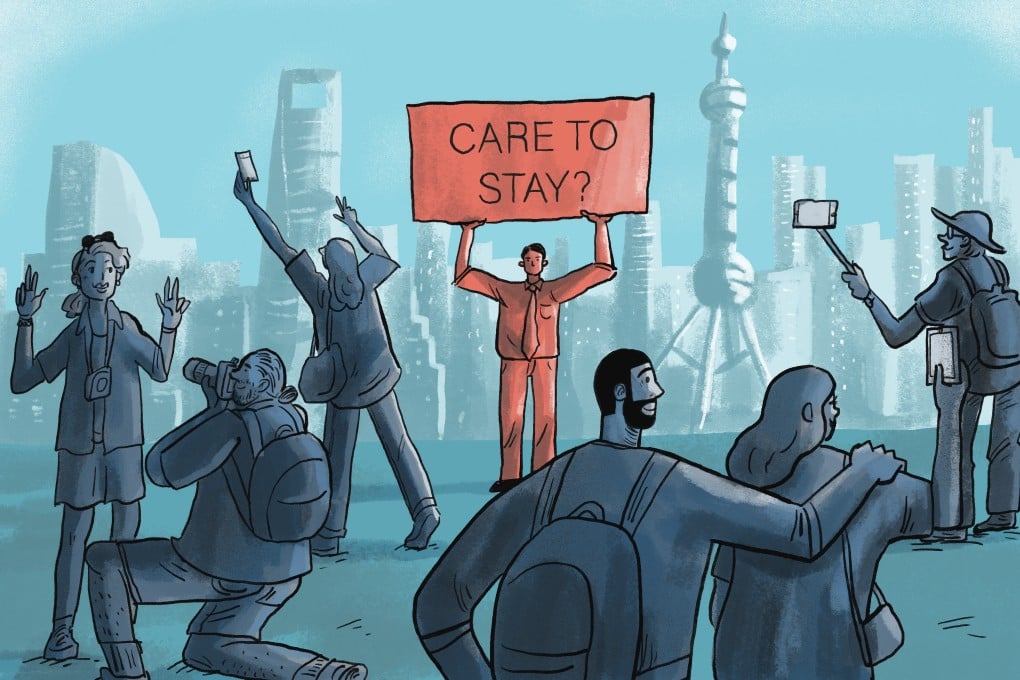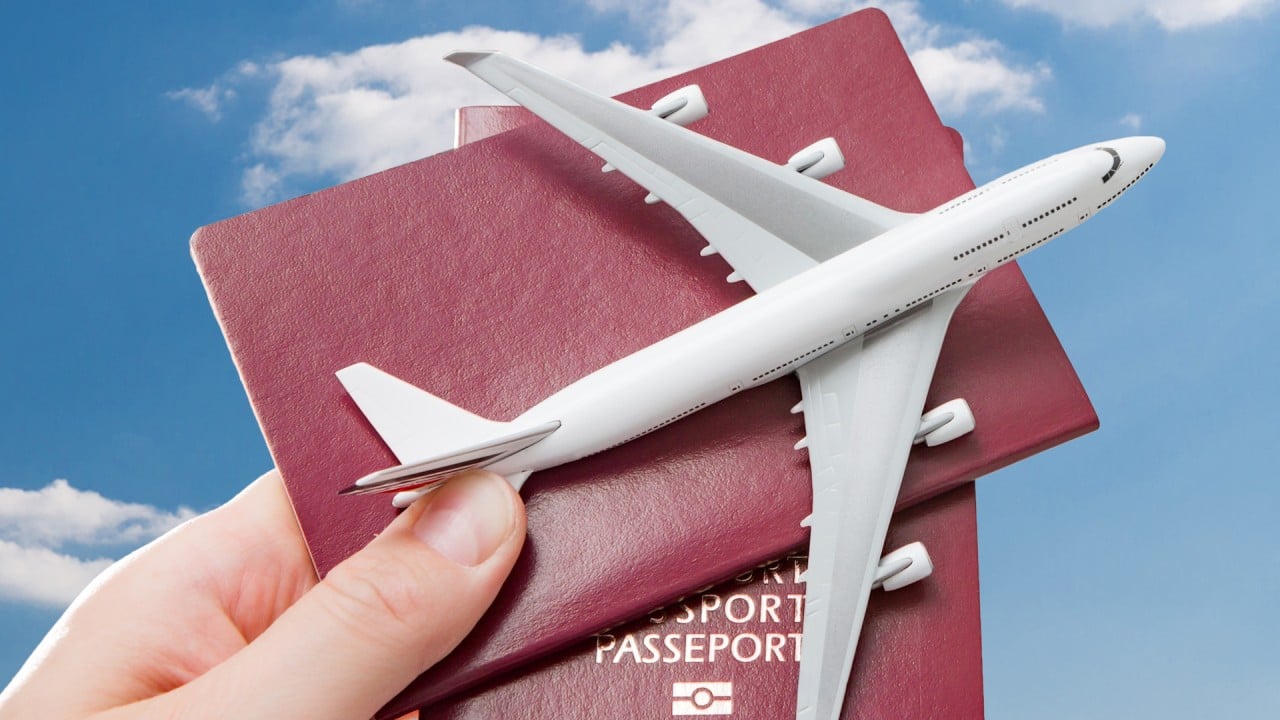China is changing: foreigners return to Shanghai, but they’re here for a good time, not a long time
- A loosening of visa restrictions is luring back tourists to mainland China’s most international city, so why are they not staying to work like they used to?

Two years after an extended lockdown of Shanghai under the nation’s dynamic zero-Covid policy led to an exodus of expatriates, mainland China’s most international city is finally re-embracing a bustle of overseas visitors.
More foreigners from a variety of countries have been seen in the city’s main streets and at tourist attractions in recent months, capitalising on China’s loosening of visa policies to lure back tourists – and their wallets – amid an economic downturn.
However, much fewer are opting to stay and work, owing to what some say is a sense of insecurity and relative lack of opportunities that dissuade them from long-term settlements despite Shanghai’s best efforts to shore up its status as an open and inclusive international city – a reputation dating back to the 19th century, following the first opium war (1839-42).
“The image of China is very slowly changing, but it is changing,” said Marc Guyon, a French national who lives in Hong Kong and visited Shanghai in April for a plastics industry conference.
Several French people have been visiting Shanghai because of the visa-free-entry policy that took effect last year and is now due to last through 2025, Guyon said.
